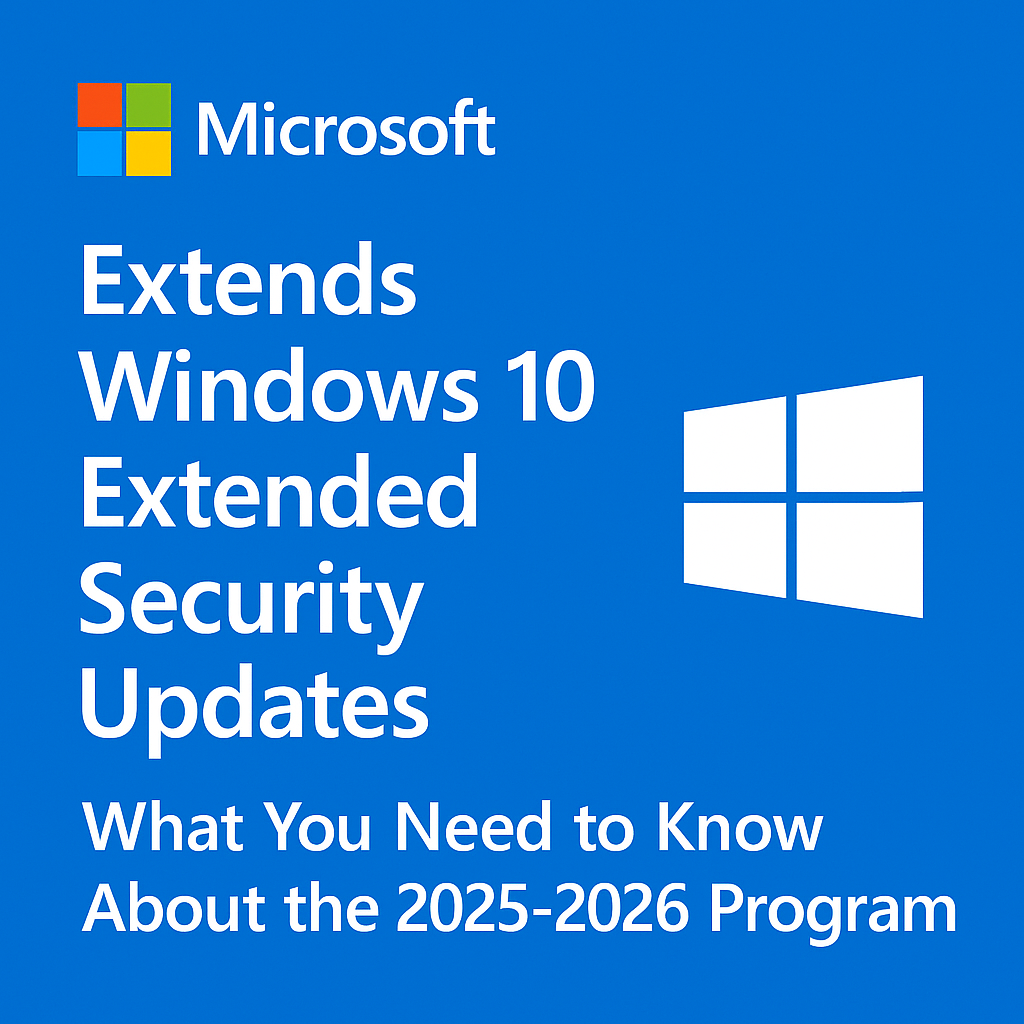
Microsoft Extends Windows 10 Extended Security Updates: What You Need to Know About the 2025-2026 Program
Microsoft's Windows 10 Extended Security Updates (ESU) program, a critical measure designed to provide continued security coverage for users beyond the operating system's official end-of-support date of October 14, 2025. It details three flexible enrollment options: a free method via Windows Backup sync, another free option through Microsoft Rewards points, and a direct payment of $30. The program, which runs from October 15, 2025, to October 13, 2026, exclusively offers critical and important security patches, explicitly excluding new features or non-security updates. The document emphasizes that while ESU serves as a temporary bridge for individuals and organizations unable to immediately upgrade to Windows 11, transitioning to a supported operating system remains the recommended long-term strategy for robust cybersecurity. ... Read More